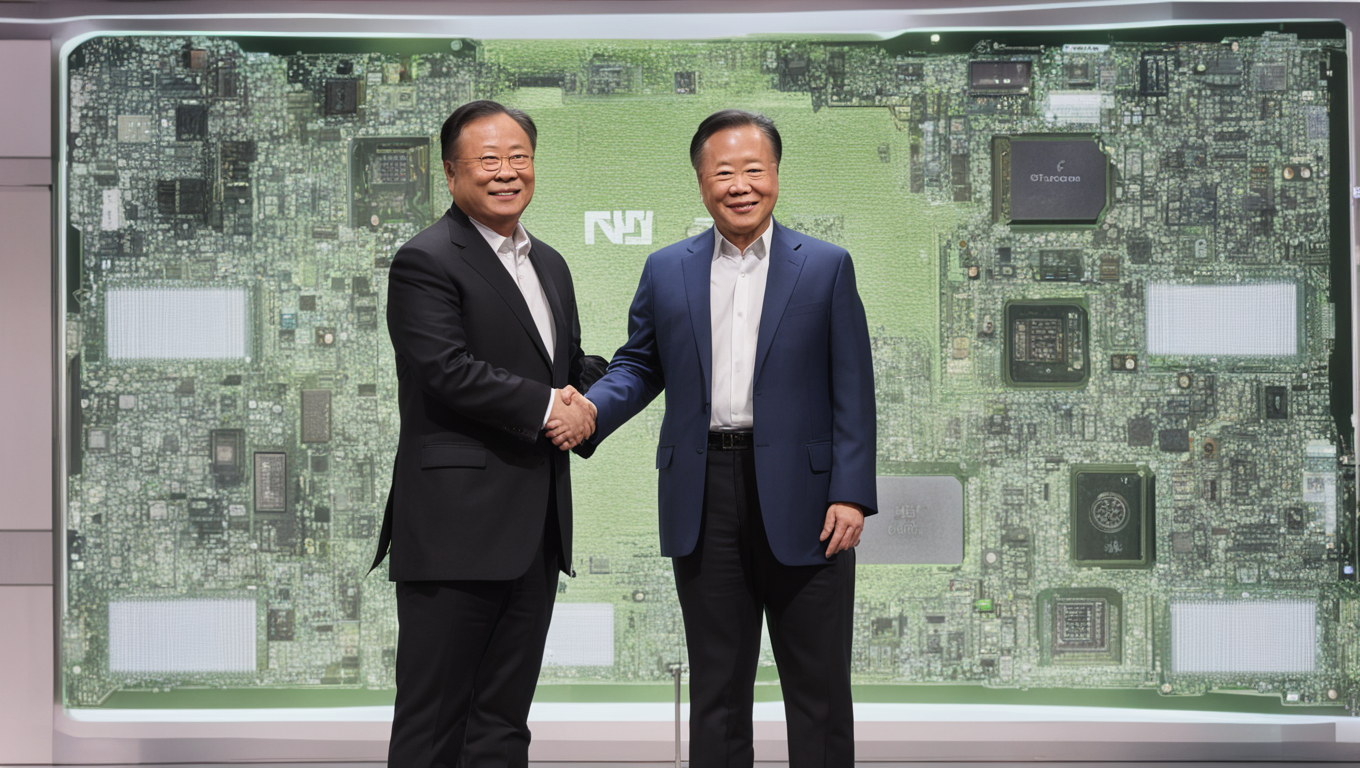In a pivotal meeting this week, Nvidia CEO Jensen Huang and Taiwan Semiconductor Manufacturing Company (TSMC) CEO C.C. Wei discussed the challenges posed by artificial intelligence (AI) chip supply constraints. Huang revealed that the majority of generative AI training systems worldwide are powered by Nvidia chips produced by TSMC. This meeting comes at a crucial time for the AI industry, as AI continues to experience rapid growth since 2023.
Huang’s visit to Taiwan followed his rare trip to mainland China, which occurred amid the United States' ban on shipping Nvidia’s high-end chips to its geopolitical rival. While the details of Huang’s visit to China remain undisclosed, he openly discussed the immense importance of Taiwan and TSMC in Nvidia’s business and the broader semiconductor sector. Scaling the capacity of AI is identified by Huang as the most significant challenge in the industry, and he emphasized the collaborative efforts of TSMC and other supply chain partners to meet the surging demand.
Anticipating a momentous year, Huang refrained from addressing questions about Nvidia’s business in China. However, he previously cautioned against the escalation of US sanctions that restrict the flow of AI training chips to China, citing the potential for local firms to develop their own alternatives. Such a scenario could have long-term consequences for American tech companies. Huang also mentioned Huawei Technologies as a potential rival, specifically pointing to the inclusion of an advanced made-in-China processor in a smartphone in 2023, which caused concern in Washington.
Nvidia has seen significant market value growth in 2023, largely attributed to its pivotal role in AI development. Investors continue to demonstrate confidence in the company, as evidenced by a 24% increase in its market value at the beginning of this year. Nvidia has also designed versions of its semiconductors for China that comply with US restrictions.
The AI boom has not only bolstered Nvidia’s business but has also had a positive impact on TSMC. The company recently projected potential increases in capital spending and robust revenue growth, leading to a broader rally in the semiconductor sector. Huang, born in Taiwan, is widely celebrated on the island for his contributions to technology and semiconductors, which form the backbone of Taiwan’s economy.
Reflecting on Taiwan’s critical role in the computer industry, Huang described it as a “rebirth” and emphasized the participation of TSMC and the ecosystem of Taiwan system makers in this new era of computing.
This meeting between the CEOs of Nvidia and TSMC highlights the pressing need to address AI chip supply constraints, which pose a major hurdle to the continued growth of AI. Together, these two industry leaders are working tirelessly to meet the soaring demand for AI chips and ensure the industry’s success in the coming year. The contributions of Taiwan, particularly TSMC, are instrumental in driving the expansion of the semiconductor sector and marking a new, transformative phase in computing.





Use the share button below if you liked it.